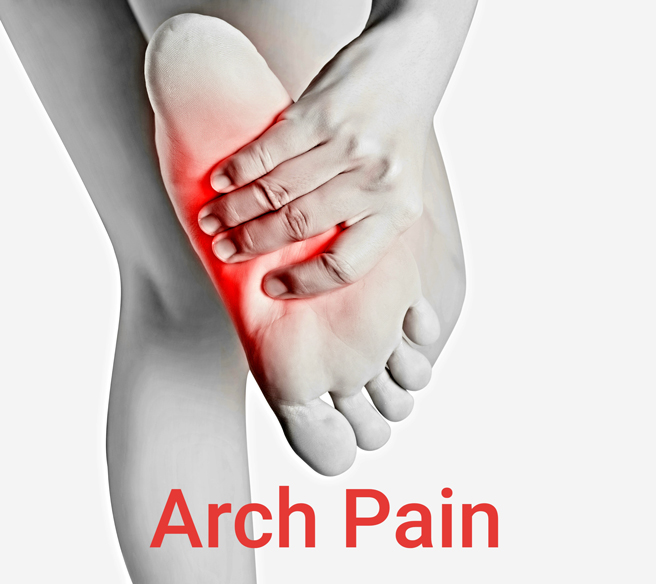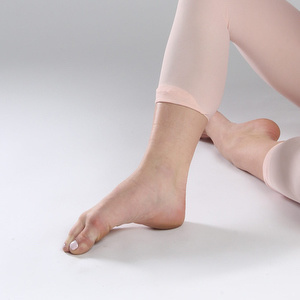Plantar Fasciitis – Heel Spur & Heel Pain

One of the most painful problems in the foot is heel pain. The term Plantar fasciitis describes a condition in which the plantar fascia, a ligament-like band that runs from the heel to the ball of the foot, becomes damaged, inflamed and painful. This is also referred as “heel spurs”.
Symptoms
Plantar fasciitis often leads to tenderness on the inside portion of the heel where the heel and arch meet. Usually, there is pain at the very beginning of the day when you first get out of bed, or if you had been sitting for a while. The insertion point between the ligament and the bone can be injured with repetitive strain, especially in dance styles like ballet, as standing on releve can cause excess stress on the feet. Many of these dance styles actually cause micro tears that can take a long time to heal, especially since dancers get very little rest time in between rehearsal or performances.
After a dance class, the pain may be more severe. If you already have flat arches, and if you day job requires a lot of standing, you may be at additional risk for plantar fasciitis. You may experience tenderness at the base of the foot when you touch it. Outside of the dance studio, heel pain may be a result of plantar fasciitis.
 Treatment
Treatment
Out Pointe podiatrist will conduct a biomechanical assessment your foot and biomechanics and identify the cause of the plantar fascial pain. As plantar fasciitis is predominantly caused by over pronation and strain in the muscle, a treatment plan to control this excessive motion will be implemented to reduce the stain on the planter fascia. If left untreated, plantar fasciitis can become a chronic and debilitating that may eventually require surgery.
Early podiatric treatment might involve strenghening exercise and footwear modifications or recommendations, straping, taping and anti-inflammatory medications.
Orthotics are commonly used to treat Planter Fasciitis, Orthotics are supports that brace the arch of the foot, this limits the stretching and strain of the plantar fascia allowing it to heal when not dancing.
If you are experiencing heel/arch/foot pain we advise that you book in for a 1 Hour full Dance BIOMECHANICAL ASSESSMENT.
A full Dance Biomechanical Assessment Includes:
- Medical History of your symptoms and pain, including a review of scans you may have
- Muscle Testing
- Joint Testing
- Non Weight Bearing ROM tests
- Weight bearing Joint and ROM Assessment
- Dance positioning and strength tests
- Video Gait analysis
- Footwear assessment
- Full Treatment Plan
Any questions please feel free to ask our pointe podiatrist, who will be happy to help you.
